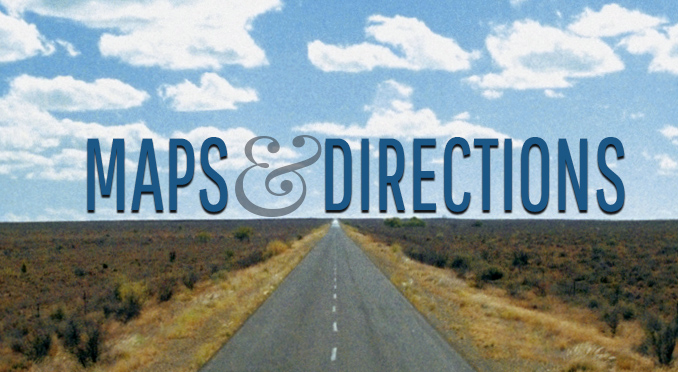When Death Occurs
No matter if a death is something that has been a long time coming, or sudden, the loss of a loved one can make us feel overwhelmed, lost, and emotional. There is no amount of preparation that can fully prepare you for a loss. When you are in the heightened emotional state which loss can place you in, even decisions that you have planned for can be staggering.
When a Death Occurs in a Hospital, Nursing Home or Hospice Facility
The care facility staff will notify the family and any necessary authorities immediately after the death has occurred. Depending on the care facility, they may ask which funeral home you wish to work with and may call them on your family’s behalf. You may need to contact the funeral home yourself, if the care provider does not. If you are present at the care facility when the funeral director arrives, they may ask you some questions about your loved one, and their final wishes. They will also set a time for a meeting to discuss more about the service, and your loved one. If you are not present, the funeral director will contact you by telephone to make arrangements.
Informing the Funeral Home
Once everything is cleared by the authorities, the next phone call that you should make is to a licensed funeral director. Funeral directors are the people who transport your loved one to their final resting spot, obtain the death certificate, and in cases where pre-planning or pre-arranging was not done, they can help with arranging a memorial/funeral service. A funeral director can also help you notify insurance companies, employers, and the government of the death. Funeral directors are here to help you through the process, and to reduce the stress of funeral planning and the loss.
Meeting The Funeral Director
If possible, you should meet with the funeral director within 24 hours after the passing to start making final arrangements. Making decisions about your loved ones final arrangements can seem like a daunting task, but funeral directors have years of experience helping those who have just lost a loved one, and strive to make sure that everything runs as smoothly as possible.
Making The Arrangements
A funeral director is going to need information about your loved one in order to fill out the death certificate. Information that is required, no matter where you live, includes:
- Full Legal Name and Address
- City and Date of Birth
- Mother’s and Father’s Name (including maiden names)
- Marital Status
- Name of Spouse (if married, in common law relationship or widowed)
- Highest level of Education
- Race/Ethnicity
There are also some legal documents that a funeral director may ask for. These documents include:
- Life Insurance Policies
- Account Statements
- Beneficiary Designations
- Last Will
- Copies of Bills (Cable, Phone, Hydro, etc.)
- Tax Returns
- Leases and loans
- Real Estate Deeds
- Car and Boat Deeds
- Pre and Post Nuptial Agreements
If there is no pre-planning or pre-arrangements, the necessary funeral arrangements need to be made by the family, or the executor. These arrangements may include:
- Scheduling the date, time and location of the visitation and the funeral service
- Selecting if it is going to be a traditional burial, or cremation
- Selecting Funeral Products
- Preparing an obituary
- Arranging a cemetery plot
A funeral director will walk you through all the steps, and will help you plan a funeral that is memorable, and as unique as your loved one. Funeral services can be personalized, from the music and flowers, to the food and location which can make a funeral more memorable, and help you and others in the grieving process.





